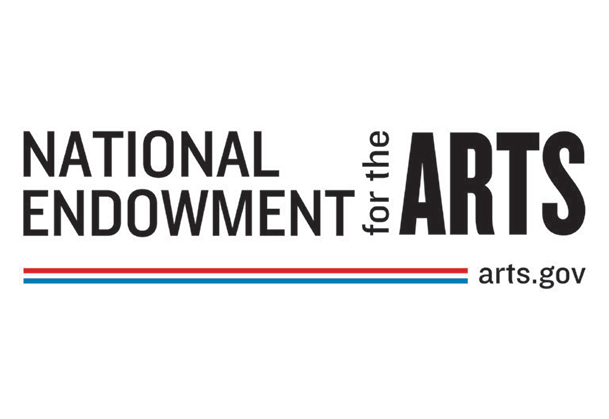Grant Opportunities from the National Endowment for the Arts
Funding supports research projects examining effects of the arts, supports art research infrastructure

The National Endowment for the Arts (NEA) is a US federal agency that supports participation in the arts and the development of creative capacities. As part of its mission, NEA offers two research awards that support scientific initiatives in line with the agency’s agenda, called “Research Grants in the Arts” and “NEA Research Labs.”
Research Grants in the Arts:
This grant supports research that studies the value and impact of the arts on American life. The grant aims to support research that falls into its four main priority topics as well as aligns with its research agenda for FY 2022-2026. The research topic questions include, (1) What are measurable impacts of the arts on health and wellness, cognition and learning, and economic growth; (2) in what ways do the arts contribute to the healing and revitalization of communities; (3) what is the state of diversity, equity, inclusion, and accessibility in the arts; and (4) how is the U.S. arts ecosystem and responding to social, economic, and technological changes and challenges.
Studies can be psychological and physical health related studies or organizational research and must involve primary and/or secondary data analysis.
NEA plans to offer 10-20 grants with awards ranging from $20,000 – $100,000. NEA offers matching grants, which means that support requires a nonfederal cost share or match of at least 1 to 1.
Application deadlines:
Part 1: Submit to Grants.gov – March 27, 2023 at 11:59 p.m., Eastern Time
Part 2: Submit to Application Portal – March 30-April 6, 2023 at 11:59 p.m., Eastern Time
Earliest Announcement for award rejection: November 2023
Earliest Start Date for Proposed Projects: January 1, 2024
To learn more about the program, visit the Research Grants in the Arts Program Description.
NEA Research Labs:
The NEA Research Labs grant seeks to support transdisciplinary research teams that are grounded in behavioral science to develop insights about the arts and their contributions to individuals, communities, and society. Institutions of higher education and/or nonprofit research and policy organizations may submit applications to be NEA Research Labs. Research labs should focus on longer-term research agendas and should produce findings and evidence-based tools that benefit both art practitioners as well as non-art sectors such as education, business and management, and healthcare.
The following research areas are of special interest to NEA:
Measuring the Impacts of the Arts:
On U.S. Economic Growth, and/or Innovation
On Cognition and Learning
On Health and Wellness for Individuals
Monitoring and Improving Systems:
Community Health and/or Revitalization
Diversity, Equity, Inclusion, and Accessibility in the Arts
Other Aspects of the Arts Ecology
NEA Research Labs require a confirmed partnership between the official applicants organization and a nonprofit arts organization at the time of application. The expectation is that the partner organization will contribute significantly to the Research Lab. Grants will range from $100,000 – $150,000 in matching grants, which require a nonfederal match or cost share rate of at least 1 to 1.
Application deadlines are as follows:
Part 1: Submit to Grants.gov – March 27, 2023 at 11:59 p.m., Eastern Time
Part 2: Submit to Application Portal – March 30-April 6, 2023 at 11:59 p.m., Eastern Time
Earliest Announcement for award rejection: November 2023
Earliest Start Date for Proposed Projects: January 1, 2024
To learn more about the program, visit the NEA Research Labs Program Description.





APS regularly opens certain online articles for discussion on our website. Effective February 2021, you must be a logged-in APS member to post comments. By posting a comment, you agree to our Community Guidelines and the display of your profile information, including your name and affiliation. Any opinions, findings, conclusions, or recommendations present in article comments are those of the writers and do not necessarily reflect the views of APS or the article’s author. For more information, please see our Community Guidelines.
Please login with your APS account to comment.